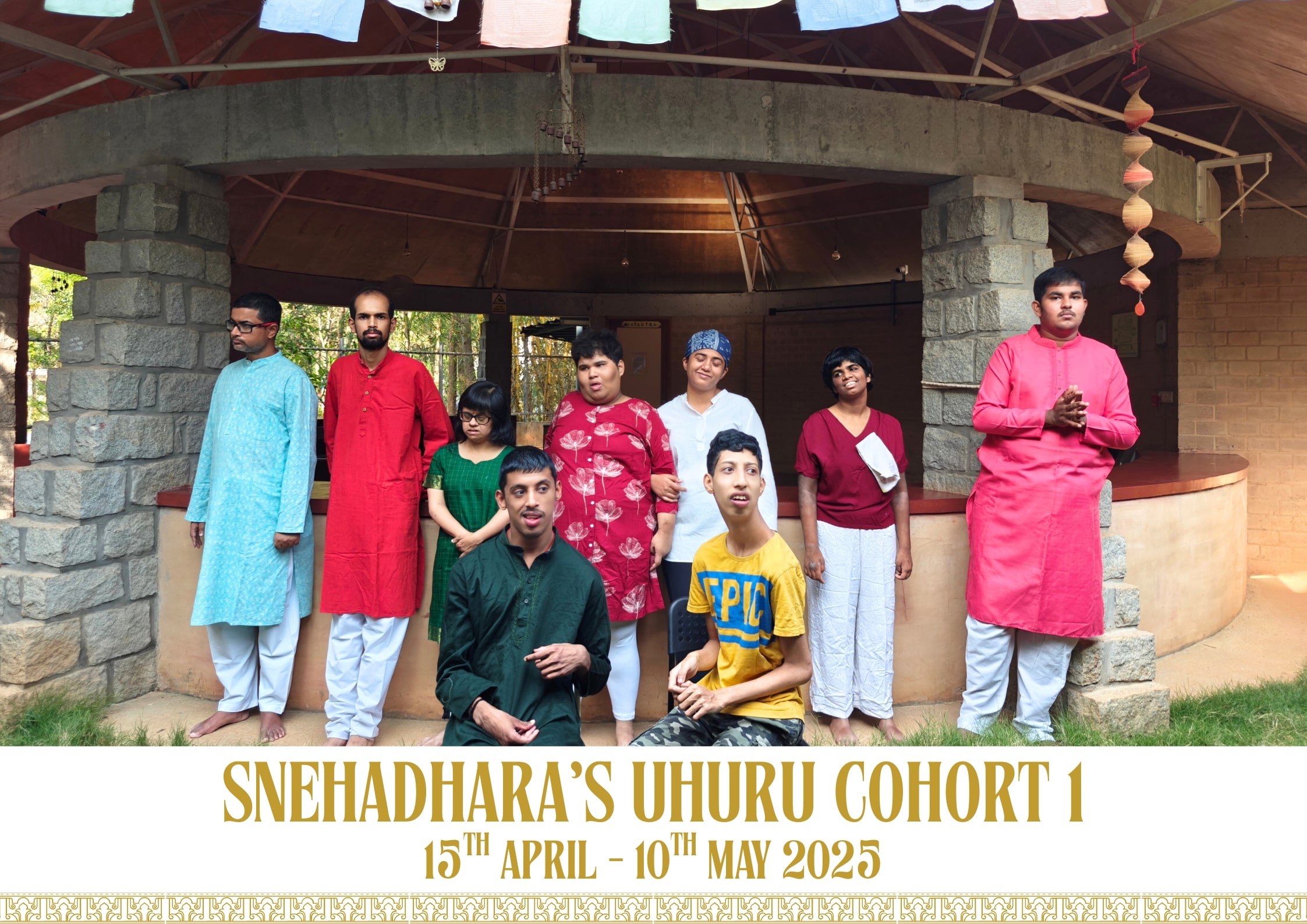As we complete the first cohort of the Uhuru – What After Me? – 26-day residential Assisted Living Programme, we find ourselves reflecting not just on what was achieved but on what was revealed.
Uhuru began as a 26-day residential programme for ten neurodiverse adults, designed to build skills for daily living, emotional expression, community engagement, and autonomy. What emerged, however, went beyond a training schedule or a support plan. It became a model that invites us to rethink how we understand care, capacity, and community.
Today, we are proud to share the research findings, methodology, and paradigms that shaped this transformative journey.
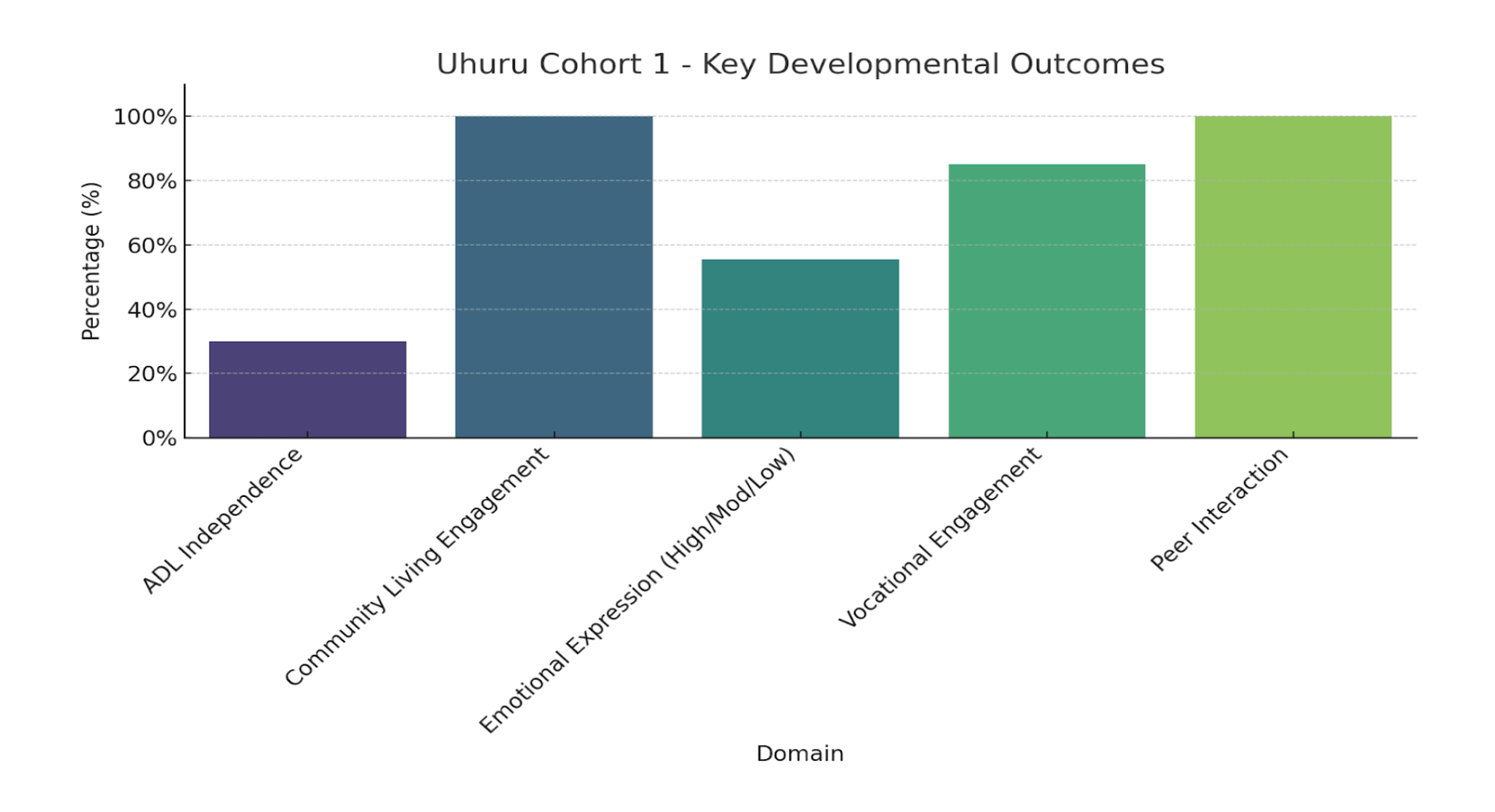
Beyond Numbers: Stories of Becoming
The findings presented in the research report are not just data points. They are stories. Stories of toothbrushes held with new confidence. Of meals prepared and shared with pride. Of hesitations turned into handshakes, and silence broken into song.
We used a mixed-methods research design, combining qualitative tools like observation, facilitator reflections, and narrative reports with quantifiable indicators of growth. Framed within interpretivist and critical paradigms, the approach allowed us to capture not only what changed but how and why those changes came about.
Some highlights from the cohort include:
- A 30% increase in Activities of Daily Living (ADL) independence across participants
- 100% engagement in community living tasks like cooking, cleaning, and gardening
- Significant improvements in emotional regulation, vocational task focus, and peer interaction
These are not just statistics. They are affirmations of what becomes possible when we move beyond “caregiving” and step into co-living, when rhythm and routine are used as scaffolds for independence and expression.
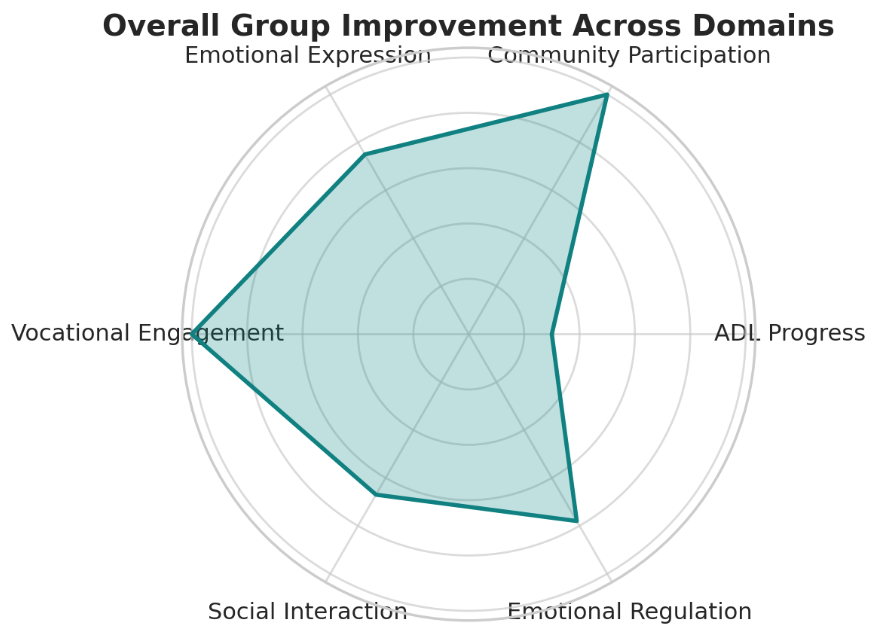
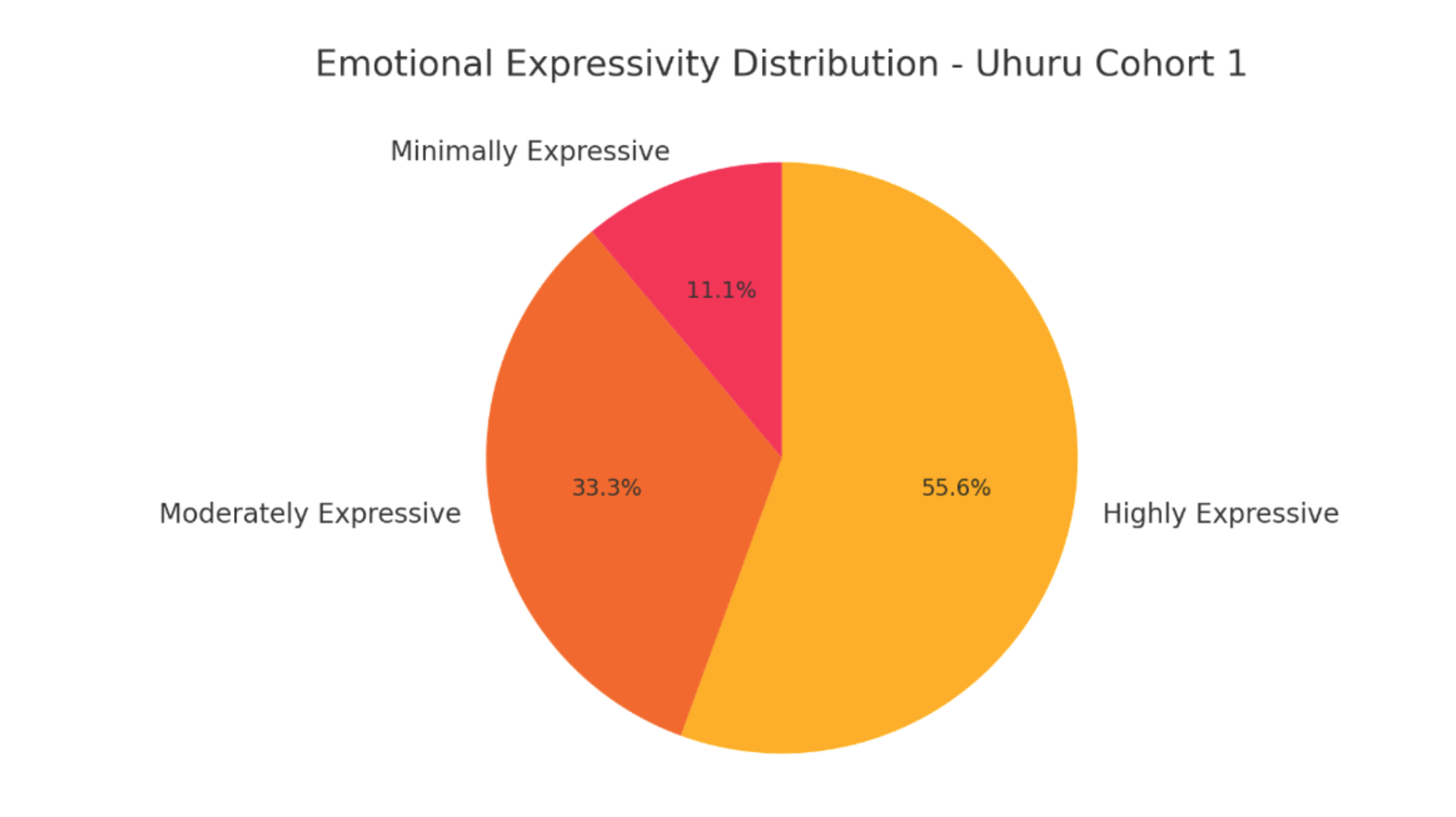
Inclusion as Practice, Not Policy
Uhuru was built on the belief that inclusion is not a checklist or a legal mandate, it is something we practice. Daily. Deliberately. With patience and presence.
Arts-based interventions, rhythmic routines, and community tasks created a space where participants could explore their own pace and preferences. More importantly, parents and caregivers often on the margins of such programmes became active collaborators. Their shift from deficit-based to strengths-based understanding was among the most powerful transformations we witnessed.
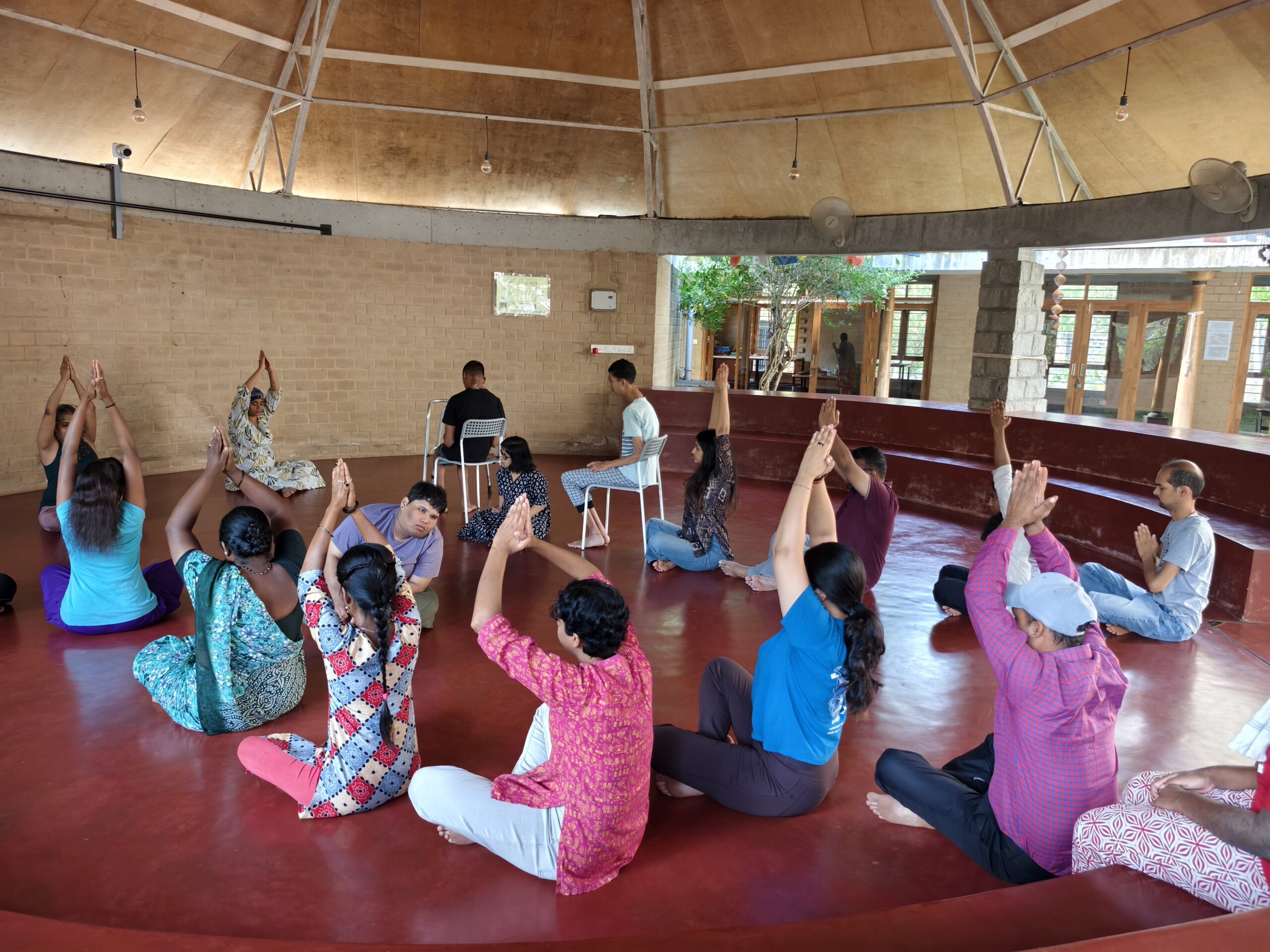
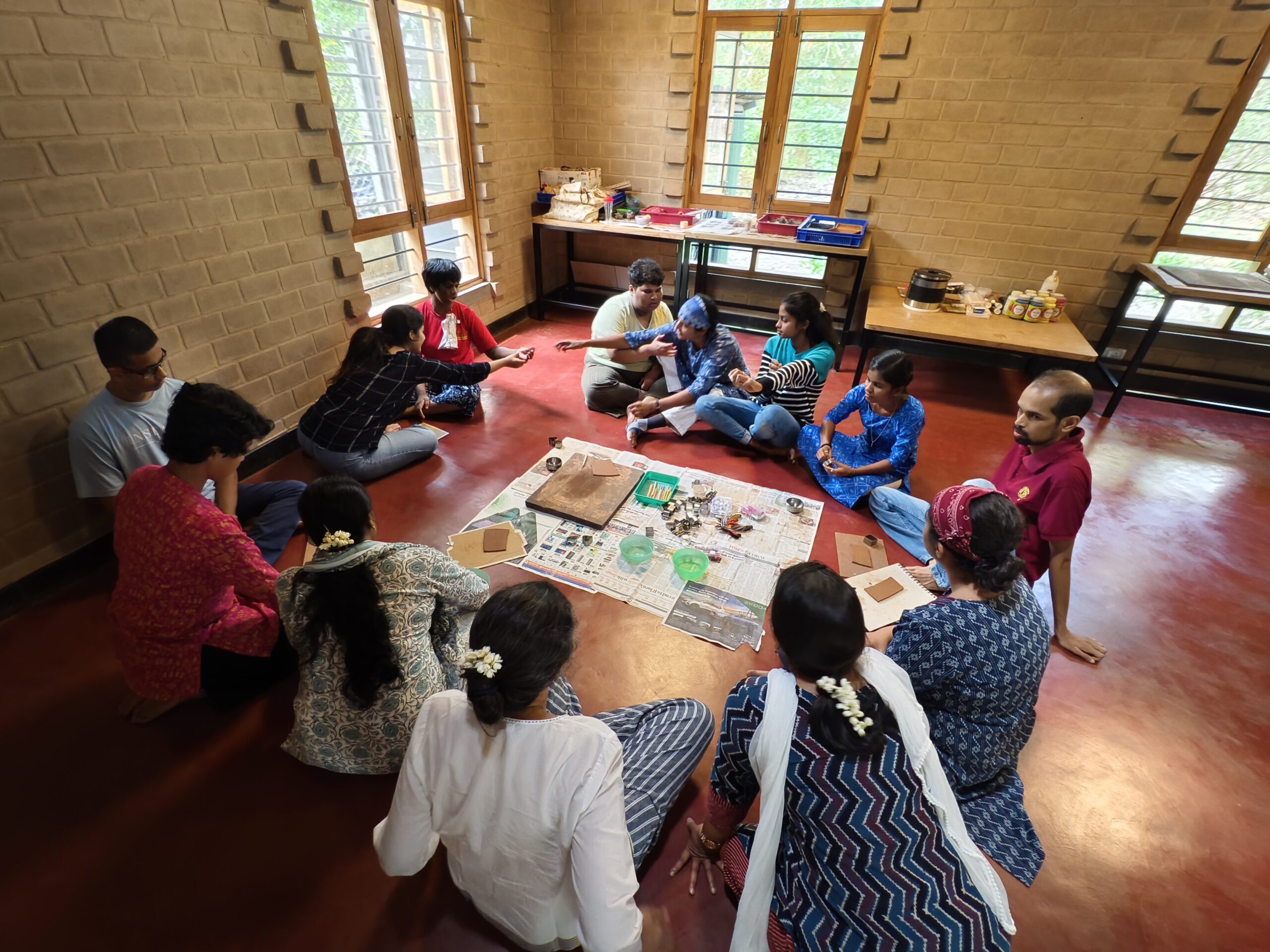
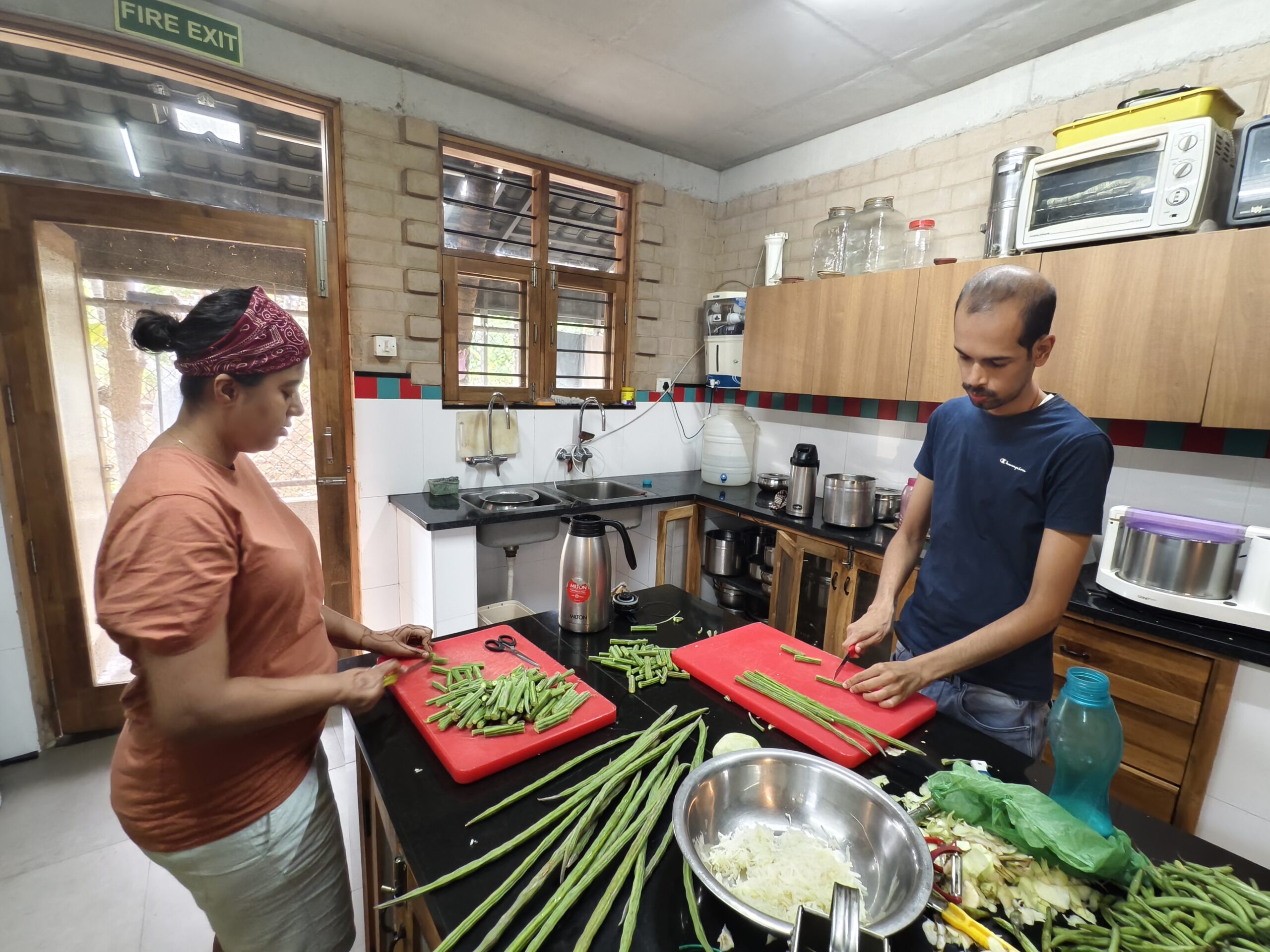
A Blueprint for the “What After Me?” Question
One of the most haunting questions families ask is: “What after me?” Uhuru offers one possible answer not in the form of a solution, but as a starting point. A blueprint for training that is responsive, relational, and rooted in dignity.
We invite you as a parent, educator, policymaker, or practitioner to read this report. Take from it what resonates. Ask more questions. Challenge it. Adapt it. Share it.
Because This Is More Than a Programme
This is a model. One that deserves to be adopted, adapted, and amplified. And while the world outside often feels fractured by conflict and chaos, there exists another world within a world where love thrives in daily routines, where inclusion is not exceptional but expected, and where belonging is built, moment by moment. In shared meals. In dance circles. In stories retold. In brushing teeth without a prompt.
Uhuru reminds us: Assisted living is not a passive state of care. It is a skill. A right. A practice. And a future we can train for together.

